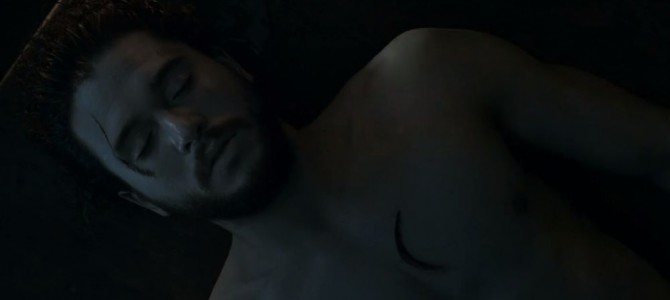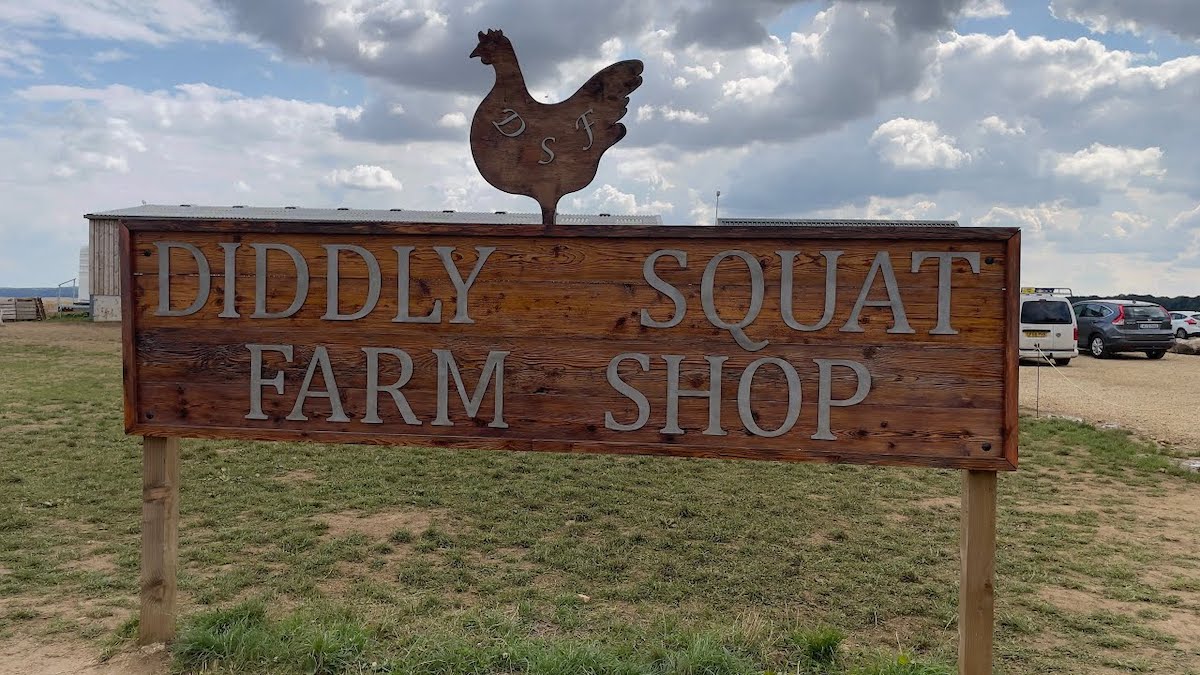Editor’s note: spoilers ahead.
“Home,” the most recent “Game of Thrones” episode, featured several themes: fratricide, maturity, comeuppance. But the predominant theme was redemption, or at least a chance at redemption.
Jon Snow’s revival was the most dramatic second chance, but not the only one. Several stem from Snow’s resurrection: Ser Davos has a second chance to advise and serve a great man, and Melisandre a second chance to believe in the Lord of Light. But there were plenty of other unrelated examples.
Brienne of Tarth has second chance to serve and protect Sansa Stark. Theon Greyjoy, a second chance with a Stark and to return home. Roose Bolton has a second chance at fatherhood. Tommen Baratheon a second chance to protect his mother and confront the High Sparrow. Arya Stark, a second chance to do whatever it is she is trying to do.
In a universe a bleak as that of “Game of Thrones,” this sudden wealth of second chances must mean something. It is too early to draw firm conclusions, but a few tentative observations are apparent.
Second Chances Are an Opportunity for Maturity
Sansa has demonstrated remarkable growth this season. For the past five seasons, Sansa has made a series of bad decisions, and rejected every opportunity out of her predicament. When viewers first met her, she was a child desperate to leave Winterfell and marry a prince. She rejected her parents’ offer to find her a husband other than Joffrey. Following her father’s execution, she became trapped in King’s Landing as Joffrey’s victim.
Yet she turned down the Hound’s offer to rescue her from the city during the Battle of Blackwater Bay. Ultimately, she leaves King’s Landing with Littlefinger, the man who framed her for murder. Instead of accepting Brienne’s offer for help, Sansa accepts Ramsay Bolton’s marriage proposal.
Finally, six seasons later, we see a Sansa cognizant of her past mistakes and choosing wisely. She and Theon escape Winterfell and are subsequently rescued by Brienne. Sansa recognizes this fortuitous occasion as a second chance. She and Brienne declare loyalty oaths to each other. Despite stumbling through the words of her pledge, Sansa is no longer the stupid girl of Winterfell; she is a lady. Sansa regrets not accepting Brienne’s offer sooner. Brienne replies, “It was a difficult choice…we’ve all had to make difficult choices.” Sansa has made many difficult choices; now, she is making wise ones.
Second Chances Allow Personal Redemption
Growing up with the Starks, Theon Greyjoy was the embittered ward of Winterfell. Instead of protecting his second home, Theon betrayed Robb Stark and conquered Winterfell for the Iron Islands. He killed two little boys to create the impression of a hardened ruler.
Theon did not know how to hold a city through either wisdom or force. He did not have the honor of a Stark or the harshness of the Iron-born. Once captured and tortured by Ramsay, Theon lost himself completely. Neither the heir of the Iron Islands or a guest of Winterfell, he was Reek, the loyal slave.
Rescuing Sansa transformed him. Escaping Winterfell was a chance to be Theon again. But he would not be the bitter, cocky Theon Sansa grew up with at Winterfell. He no longer aches for glory or conquest. He claims not to want forgiveness. He needs redemption.
Second Chances Are Easily Squandered
Second chances are rare and unpredictable, and therefore easily wasted. Roose Bolton squandered his second chance because he was never prepared for it. Bolton was a terrible father to Ramsay. Bolton legitimized his bastard son to help him rule the North, yet still treated him as a second-class child. He taunted Ramsay with the prospect of a son with his new wife.
Roose seemed to understand that cruelty should be well-used, as Machiavelli would say: he chastised Ramsay for executing a father to make a son pay taxes. Roose also understood that marriage secures political gains better than violence: Ramsay’s marriage to Sansa Stark was supposed to legitimate and solidify the Bolton hold on the North. But Roose failed to provide a model for either restrained violence or political marriage.
Moments before a servant announces Walda’s delivery, Roose threatens Ramsay: “If you acquire a reputation as a mad dog, you’ll be treated like a mad dog—taken out back and slaughtered for pig feed.” Roose assures Ramsay he’ll “always be my firstborn,” but that’s the problem. Roose could not protect his second son, because he wasn’t a decent father to his firstborn. He schooled his son in brutality, and reaped accordingly.
Second Chances Enable Political Renewal
Political regimes may be headed in clear directions, but their outcomes are not predetermined. Westeros is a regime in decline. Barring some dramatic shift, it’s easy to anticipate collapse. Second chances provide the basis for a shift. This is why fans have eagerly anticipated Snow’s return: several storylines (and fan theories) depend on him.
The fate of Westeros, in many ways, is linked to Snow. His resurrection on Sunday was significant. We don’t know how the resurrection will affect Snow personally. But for Westeros politically, there’s a glimmer of hope.









